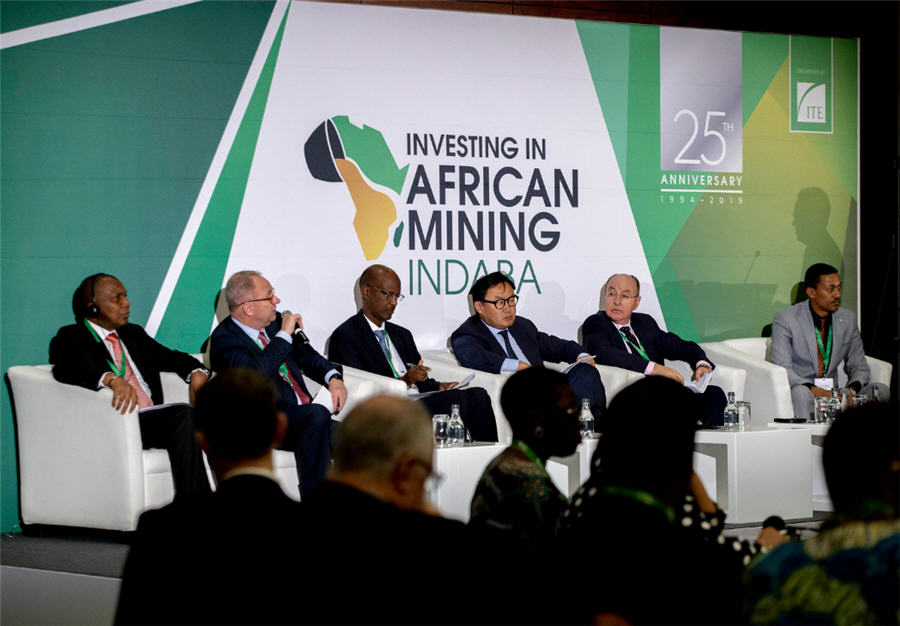No schmoozing and boozing as the Indaba mining jamboree goes online

The prospect of chasing cocktails and contacts in the shadow of Table Mountain draws executives and officials from around the world to Cape Town each year for Africa’s biggest mining conference.
But this year the Investing in African Mining Indaba is online only and has been cut to two days rather than four as a second wave of the covid-19 pandemic sweeps South Africa.
For the mining industry, it means not only foregoing Cape Town’s famed wines, vistas and sun but also a key deal-making and networking opportunity – not to mention the blow to the local economy as normally crammed hotels lie deserted.
“I’m not out there drinking for my health. If I’m out there drinking until midnight, it’s because I’m with somebody who I think has potential”
Peter Major, director of mining at Mergence Corporate Solutions
“The main thing that’s lost is not so much on the formal side … but on the spontaneous combustion side of these gatherings,” said Erez Ichilov, managing director of mining finance company Traxys Projects in New York.
“Our business is demanding, it’s intense, and I think it’s OK if people have some fun while they’re working.”
During the famously boozy Cape Town jamboree, delegates juggle cocktail events each night with dinners organised by the biggest mining companies. Anglo American hosts its gala dinner at its Vergelegen wine farm on Cape Town’s outskirts.
“I’m not out there drinking for my health. If I’m out there drinking until midnight, it’s because I’m with somebody who I think has potential,” said Peter Major, director of mining at corporate advisory house Mergence Corporate Solutions.
Major said he typically gets 15 to 20 good leads during Indaba week alone. Normally, it would take three to six months to generate such leads.
Besides pitching their companies, industry players meet new clients, discuss deals, and schmooze government officials.
While major mining companies may be less concerned about face-to-face gatherings, mid-tier and junior miners looking for investors are likely to miss out if conference models change for good after the pandemic, said Deloitte partner Andrew Lane.
Smaller companies such as Australia’s Orion Minerals use Indaba to bring as many investors as possible to visit their South Africa projects, which is now impossible.
The inability for Chinese investors to conduct due diligence on-site in South Africa has affected some of the financing for Orion’s Prieska project, Chief Executive Errol Smart said.
The local economy is also feeling the pinch.
Business events accounted for 11.4% of the tourism industry in South Africa in 2019, according to the Western Cape provincial government.
The loss of revenue from the mining conference comes after most of the Western Cape’s top tourist attractions suffered a more than 60% drop in visitors over the December peak season.
“Last year, we were fully booked a good couple of months before the Indaba,” said David Dix, general manager at The Capetonian, a 169-room four-star hotel near the convention centre where 6,000 delegates attended last year’s event.
“It’s a clientele that normally pays more, it’s our peak season rates we get at the time, and obviously now there is absolutely nothing,” he told Reuters in the hotel’s deserted dining room.
(By Wendell Roelf, Tanisha Heiberg and Helen Reid; Editing by Amran Abocar and David Clarke)
{{ commodity.name }}
{{ post.title }}
{{ post.date }}




Comments